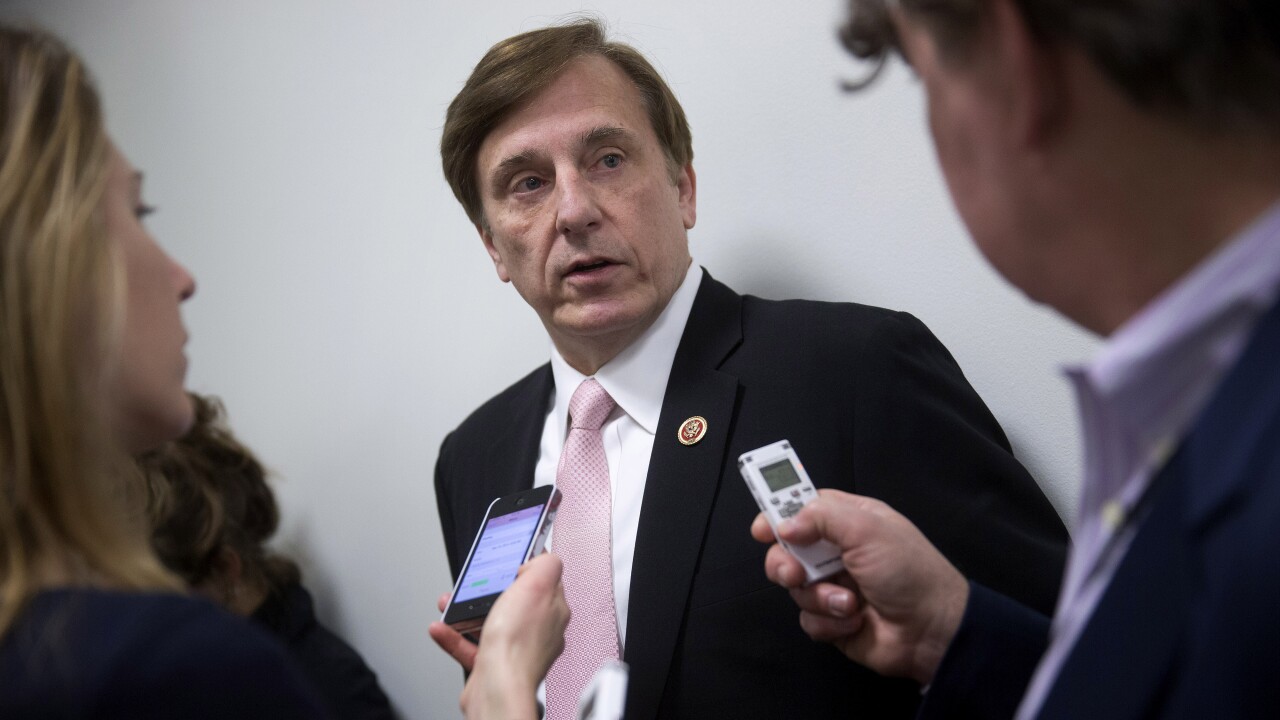LOS ANGELES — A state audit of the Los Angeles Community College District called into question more than $140 million in district spending funded by three general obligation bond measures approved by voters between 2001 and 2008.
The audit by the office of California Controller John Chiang grew out of an investigation launched by the office last year after it received a complaint about a satellite campus, said spokesman Jacob Roper.
The audit revealed that the district mismanaged funds, Roper said. For instance, the district used money from new bond issuances to pay for projects that were supposed to be funded through bonds issued in years past, Roper said.
The question going forward will be whether voters will be willing to approve new bonds in light of what has occurred as the district works to complete building projects contained in its long-range plans.
The college district, which serves 275,000 students annually at 36 facilities throughout Los Angeles County, has spent $2.75 billion to date in its bond construction program, but voters have approved deals totaling $5.2 billion to complete projects in the building plan, Roper said.
“Local voters raised their property taxes for a major investment in workforce development and higher education,” Chiang said in a statement. “Shoddy fiscal management and subpar oversight of a project of this magnitude will undermine the public’s trust and threaten billions of public dollars.”
The district went through a personnel shakeup over the past year as a result of the controller’s investigation.
Larry Eisenberg, executive director of facilities planning, quietly resigned in March.
Christine Marez was hired to serve as inspector general to provide more oversight into the district’s practices of using bond proceeds.
Several new board members were elected in November.
The audit raised questions about the district’s creation of an inspector general position, The post was designed to be an independent entity guarding against waste, fraud, and abuse. But when establishing this position and selecting Marez’s firm, Policy Masters Inc., the district ignored its own procurement rules and, at least in appearance, compromised the integrity of the new role, the release stated.
The firm was hired even though the district’s selection process rated nine of the 11 respondent companies as more qualified for the work, and the audit found the winning proposal cost $250,000 more annually than an international auditing firm’s proposal. Marez could not be reached for comment.
The district’s voters passed three bond measures authorizing funds to construct, repair, improve, expand, and upgrade facilities.
Each ballot measure contained a project list specifying where the funds would be used upon voter approval. To aid the development of these projects, the district also applied for and received $214 million from state bond funds.
The president of the district’s Board of Trustees, Miguel Santiago, announced that the board will meet in special session Aug. 17 to discuss the audit and the district’s response.
“While I haven’t had a chance yet to fully review this audit, it raises significant issues, and I look forward to hearing from staff how we will appropriately respond to them,” Santiago said.
Daniel LaVista, who was appointed LACCD’s chancellor in August 2008, said after an initial review the district disagrees with many of the findings, but will examine the audit and make whatever changes are necessary.
The district came back with reams of pages of additional documents to rebut the controller’s office, Roper said, but none of it persuaded audit staff that there had been sufficient oversight.
“There have been lapses in management over a period of a decade,” Roper said.





